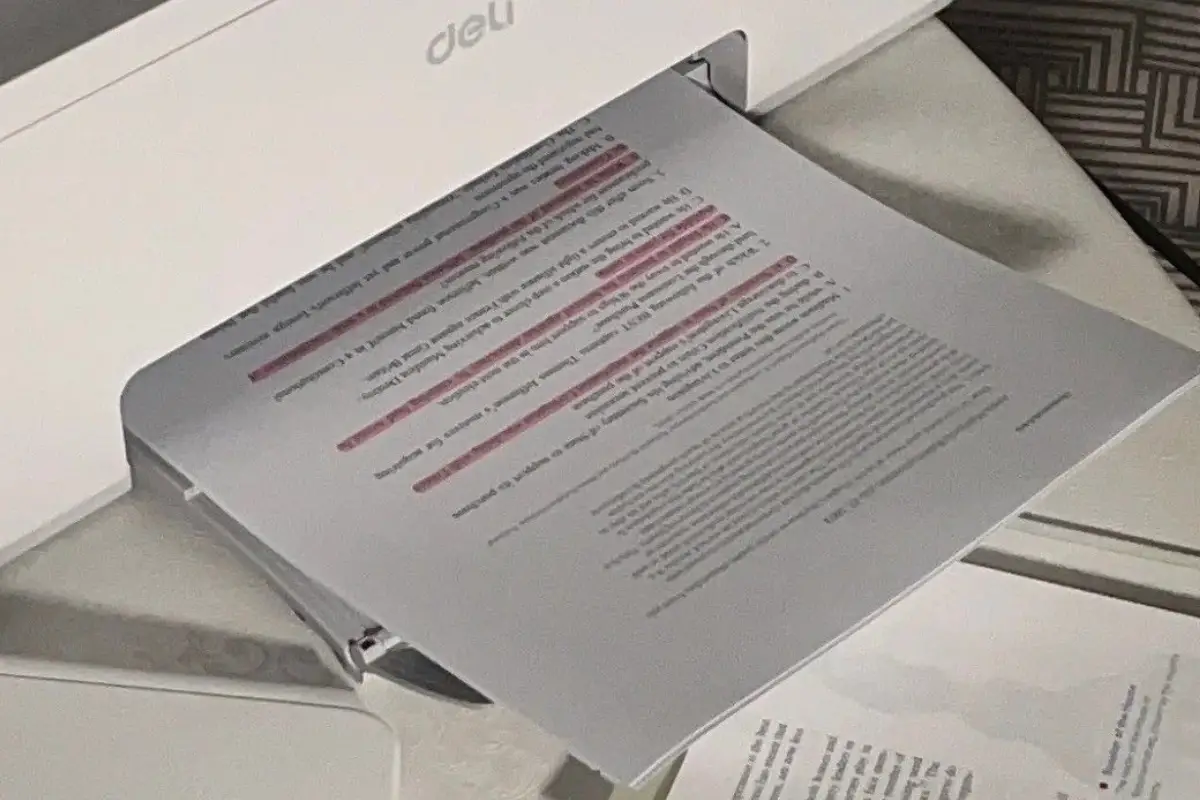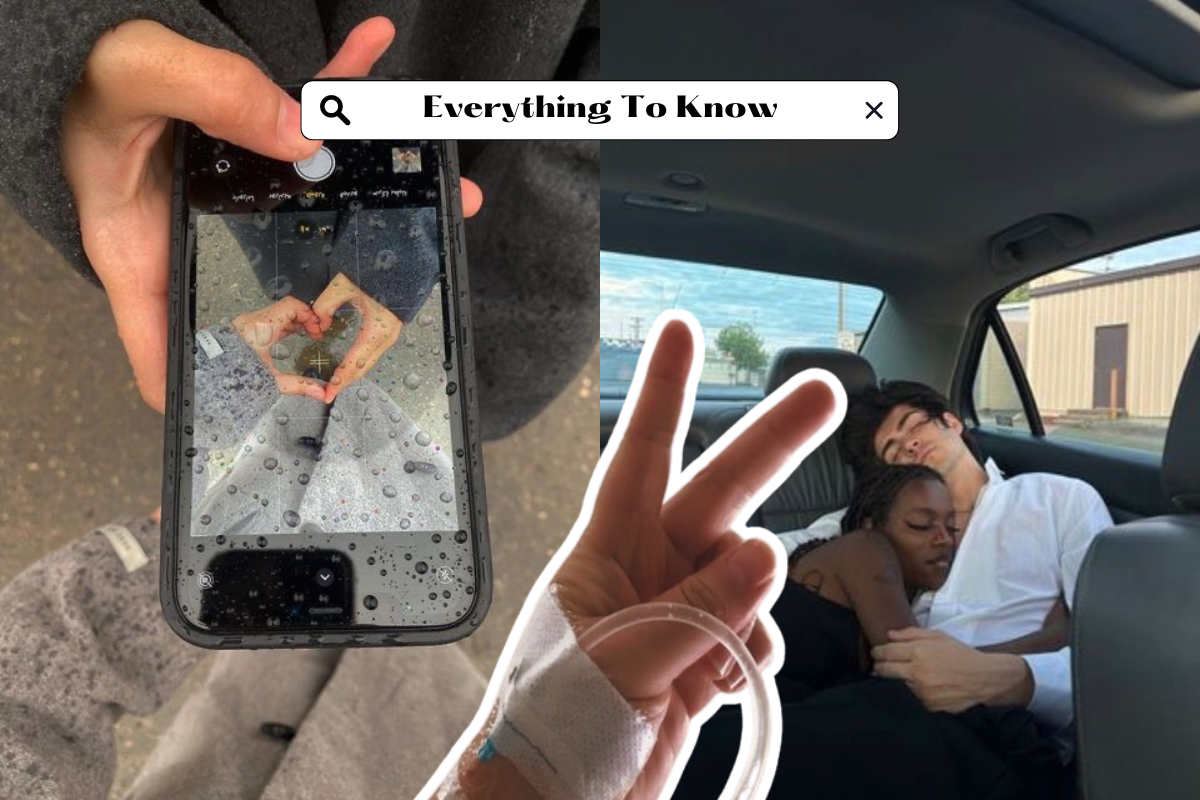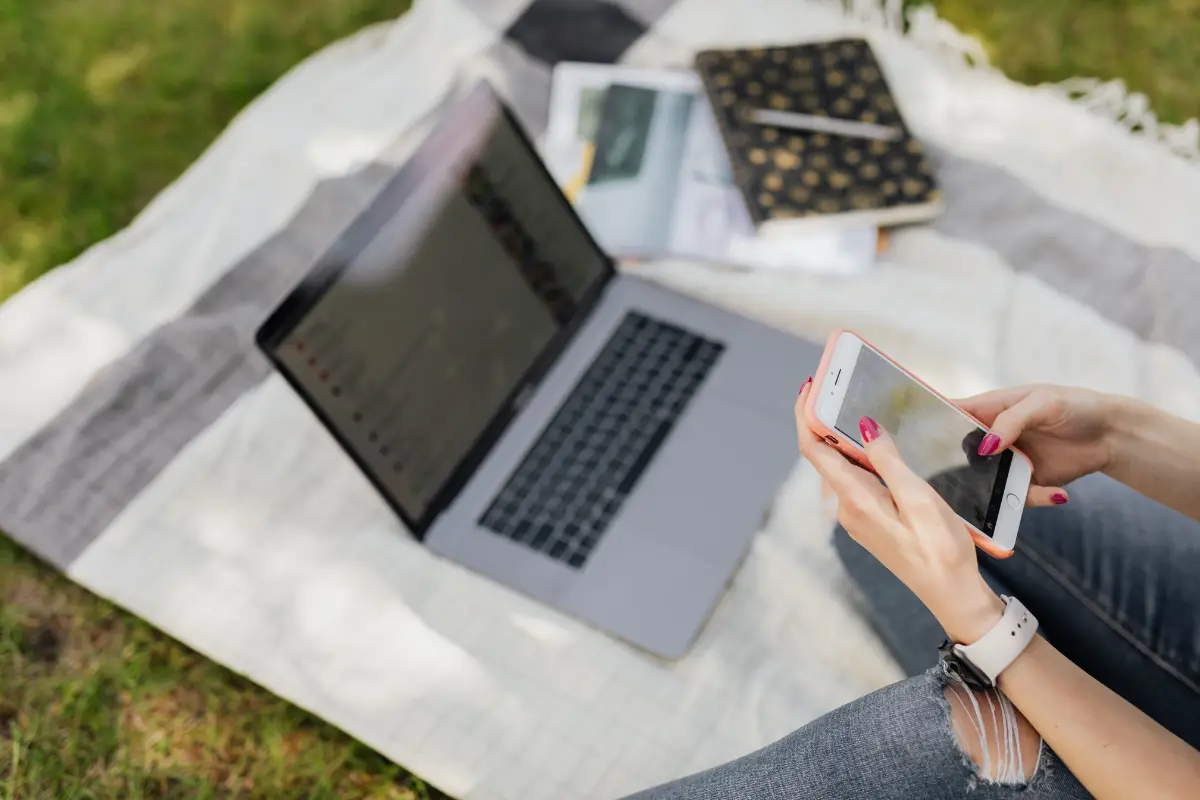Looking for the best ways to study effectively? You’re not alone. Whether you’re prepping for exams or trying to absorb new material, studying smarter—not harder—is the key to success. Backed by science and sprinkled with personal tips, these strategies will help you retain information, reduce stress, and feel confident on test day.
1. Why Cramming Fails: The Spacing Effect
One of the best ways to study effectively is to avoid cramming. Although it might seem like a quick fix, cramming overloads your brain and makes it harder to retain information long term. This is where the spacing effect comes in—studying in shorter sessions spread over time helps your brain absorb and recall information better.
I remember in college pulling an all-nighter before finals, thinking I was being productive. But when exam day came, most of what I “learned” the night before slipped away. Once I switched to spacing out study sessions, not only did my grades improve, but I felt way less stressed.
Spaced repetition allows your brain to build stronger neural connections, making learning stick. So, instead of trying to learn everything at once, break your study time into chunks over several days or weeks.
2. The Power of Retrieval Practice
Another key strategy among the best ways to study effectively is retrieval practice. This means actively recalling information from memory rather than just rereading notes or textbooks.
When I first started using flashcards to test myself instead of passively reviewing, I was surprised at how much better I remembered the material. It’s like your brain gets a workout every time you pull info from memory, strengthening those connections.
Research shows that retrieval practice improves long-term retention and understanding, making it a must-have technique for exam prep.
Try self-quizzing or explaining concepts aloud without looking at your notes—this active recall will boost your learning power dramatically.
3. Interleaving vs. Blocked Study
Among the best ways to study effectively, understanding how you organize your study sessions matters a lot. Interleaving means mixing different topics or subjects during your study time, while blocked study focuses on one topic at a time.
I used to stick to blocked study, hammering one subject for hours. But when I switched to interleaving—studying math, then history, then science in rotation—I noticed I was better able to connect ideas and stay engaged.
Research supports this: interleaving helps your brain differentiate between topics and improves problem-solving skills. So next time you plan your study schedule, try mixing subjects instead of marathon sessions on one topic.
4. Dual Coding: Combine Words + Visuals
One of the best ways to study effectively is to use dual coding—combining verbal information with visuals like diagrams, charts, or mind maps. This technique engages different parts of your brain, making learning more effective and memorable.
I used to rely solely on written notes until I started drawing simple sketches and flowcharts alongside my summaries. Suddenly, complex concepts clicked much faster, and reviewing felt more fun.
Dual coding helps you create mental connections by linking words to images, which is especially helpful for visual learners or when tackling tricky subjects.
Try incorporating colorful diagrams, timelines, or infographics into your study routine to reinforce your understanding.
5. Elaborative Interrogation: Ask “Why?”
A smart strategy among the best ways to study effectively is elaborative interrogation—asking yourself “Why?” as you learn. This encourages deeper understanding rather than just memorization.
When I tackled tough history topics, I started asking why certain events happened instead of just memorizing dates. This approach made the material come alive and helped me remember details better.
By explaining the reasons behind facts, you form stronger connections in your brain. It’s like turning passive learning into an active conversation with the material.
Try pausing regularly during study sessions to ask “Why does this matter?” or “Why did this happen?” It’ll transform how you absorb information.
6. Practice Testing Over Rereading
One highly effective study method is practice testing—actively testing yourself on the material instead of just rereading notes or textbooks. This approach strengthens memory recall and highlights areas needing improvement.
I used to passively reread chapters, but switching to practice quizzes made a huge difference. It made exam prep feel more interactive and less overwhelming.
Studies show that self-testing boosts long-term retention much more than simple review. So, grab some flashcards or try online quizzes to check your understanding regularly.
7. How Sleep Affects Memory Consolidation
One of the most overlooked study techniques is prioritizing sleep. Research shows that quality sleep plays a critical role in memory consolidation—the process where your brain solidifies what you’ve learned.
I learned this the hard way after a few late nights before exams. Despite studying hard, I struggled to recall information until I started getting 7–8 hours of restful sleep regularly.
Sleep doesn’t just recharge you; it actively helps your brain organize and store new information. So, if you want to study effectively, don’t sacrifice your sleep.
Make a habit of winding down early during study periods to let your brain do its magic.
8. Movement & Brain Function: Study Breaks That Work
Taking breaks is one of the best ways to study effectively because it helps your brain recharge and maintain focus. But not all breaks are created equal—movement breaks have a special power.
When I started incorporating short walks or stretches between study sessions, I noticed I stayed sharp longer and felt less drained. Science backs this up: physical activity increases blood flow to the brain, boosting cognition and mood.
Try standing up, stretching, or doing light exercises during your breaks. Even a 5-minute walk can refresh your mind and improve your study sessions.
Remember, moving your body isn’t a distraction—it’s a study strategy.
9. Active Recall Apps Backed by Science
Technology can be your study buddy when used right. Apps that encourage active recall—like Quizlet, Anki, and Brainscape help you practice retrieving information rather than just reviewing it.
I started using Quizlet flashcards in college, and the spaced repetition feature kept me on track. The regular testing made studying feel less overwhelming and more like a game.
These apps tailor your review based on what you struggle with most, making your study time efficient and personalized.
If you want to upgrade your study habits, downloading one of these can make a huge difference.
10. Nutrition & Study Performance: What to Eat Before Studying
What you eat can significantly impact your focus and energy during study sessions. Choosing the right foods is one of the best ways to study effectively because your brain needs fuel that lasts.
I learned this the hard way—loading up on sugary snacks gave me quick energy but left me crashing halfway through. Now, I opt for balanced meals with protein, healthy fats, and complex carbs, like nuts, avocado toast, or oatmeal.
Foods rich in antioxidants, omega-3s, and vitamins (think berries, salmon, and leafy greens) support brain health and memory. Don’t forget to stay hydrated—water is key for maintaining concentration.
Eating well helps you study smarter, not harder.
Conclusion
Mastering the best ways to study effectively isn’t about spending endless hours with your nose in a book. It’s about using proven techniques like spacing, active recall, and mixing visuals with words to boost your brainpower. Combine these with good sleep, nutrition, and movement, and you’ll set yourself up for lasting success.
Remember, everyone’s learning style is unique, so don’t hesitate to experiment and find what works best for you. With consistency and smart habits, studying can become less stressful—and a lot more effective.








